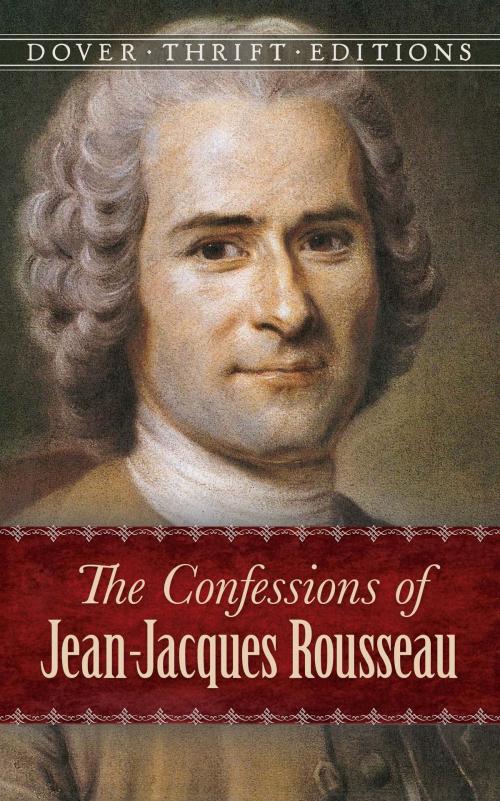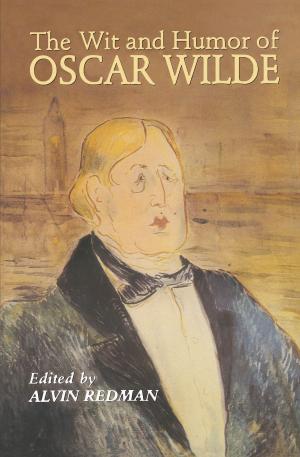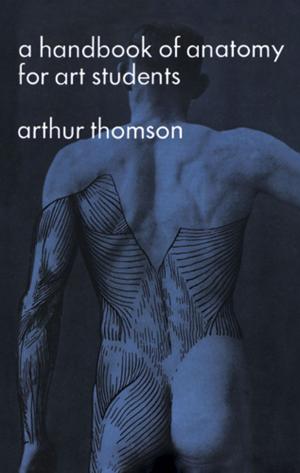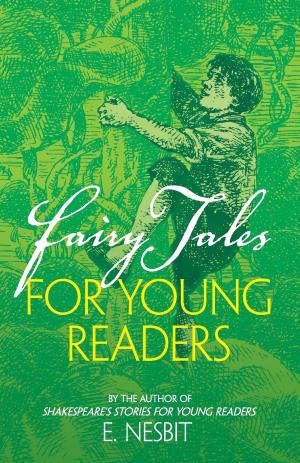| Author: | Jean-Jacques Rousseau | ISBN: | 9780486794921 |
| Publisher: | Dover Publications | Publication: | May 5, 2014 |
| Imprint: | Dover Publications | Language: | English |
| Author: | Jean-Jacques Rousseau |
| ISBN: | 9780486794921 |
| Publisher: | Dover Publications |
| Publication: | May 5, 2014 |
| Imprint: | Dover Publications |
| Language: | English |
Only a few popular autobiographies existed before philosopher, author, and composer Jean-Jacques Rousseau (1712–78) published his Confessions. Rousseau wrote treatises on education and politics as well as novels and operas, and as one of the most influential and controversial of the Enlightenment thinkers, he inspired the leaders of the French Revolution. His memoir is regarded as the first modern autobiography, in which the writer defined his life mainly in terms of his worldly experiences and personal feelings.
These memoirs constitute the main source of Rousseau's reputation as a leader in the transition from eighteenth-century reason to nineteenth-century romanticism. His emphasis on the effects of childhood experiences anticipates the psychology of Sigmund Freud, and his conviction that the individual is worthy of account forms a major contribution to progressive social and political thought. The book has inspired many imitations in autobiography, fiction, and poetry, and it has influenced the works of Proust, Goethe, Tolstoy, and countless others.
These memoirs constitute the main source of Rousseau's reputation as a leader in the transition from eighteenth-century reason to nineteenth-century romanticism. His emphasis on the effects of childhood experiences anticipates the psychology of Sigmund Freud, and his conviction that the individual is worthy of account forms a major contribution to progressive social and political thought. The book has inspired many imitations in autobiography, fiction, and poetry, and it has influenced the works of Proust, Goethe, Tolstoy, and countless others.
Only a few popular autobiographies existed before philosopher, author, and composer Jean-Jacques Rousseau (1712–78) published his Confessions. Rousseau wrote treatises on education and politics as well as novels and operas, and as one of the most influential and controversial of the Enlightenment thinkers, he inspired the leaders of the French Revolution. His memoir is regarded as the first modern autobiography, in which the writer defined his life mainly in terms of his worldly experiences and personal feelings.
These memoirs constitute the main source of Rousseau's reputation as a leader in the transition from eighteenth-century reason to nineteenth-century romanticism. His emphasis on the effects of childhood experiences anticipates the psychology of Sigmund Freud, and his conviction that the individual is worthy of account forms a major contribution to progressive social and political thought. The book has inspired many imitations in autobiography, fiction, and poetry, and it has influenced the works of Proust, Goethe, Tolstoy, and countless others.
These memoirs constitute the main source of Rousseau's reputation as a leader in the transition from eighteenth-century reason to nineteenth-century romanticism. His emphasis on the effects of childhood experiences anticipates the psychology of Sigmund Freud, and his conviction that the individual is worthy of account forms a major contribution to progressive social and political thought. The book has inspired many imitations in autobiography, fiction, and poetry, and it has influenced the works of Proust, Goethe, Tolstoy, and countless others.















